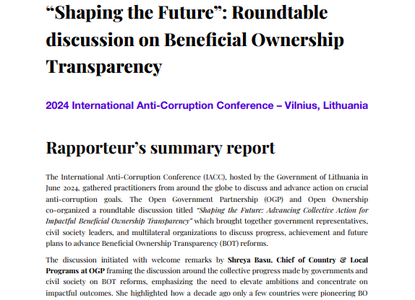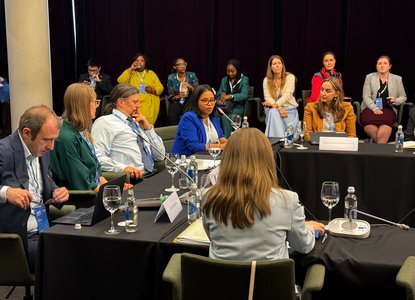Strengthening beneficial ownership reform across Africa through peer learning
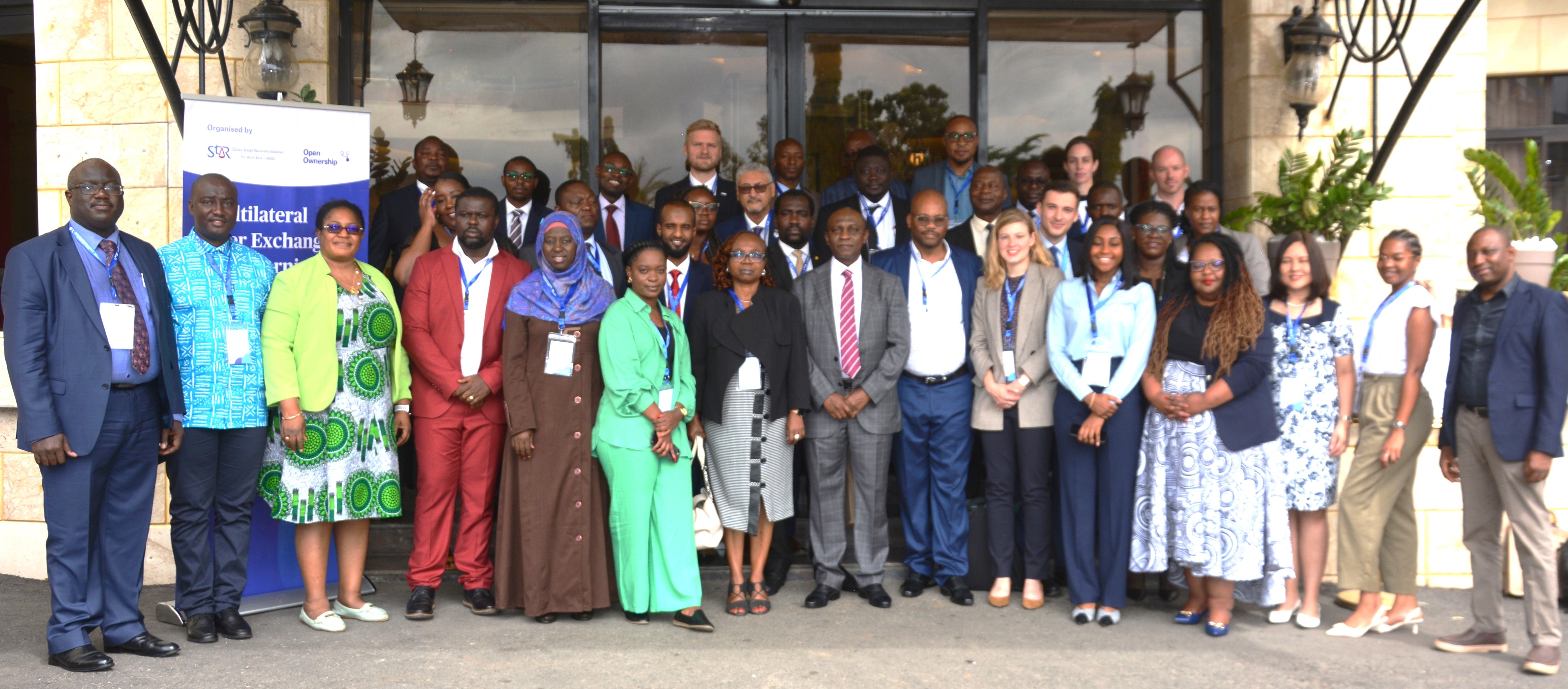
The beneficial ownership transparency peer learning event gathered participants from five Anglophone African countries.
From 7 to 9 June 2023, representatives of corporate registries, trust authorities and financial intelligence units from Kenya, Liberia, Namibia, Nigeria, and South Africa convened in Abuja for a peer learning event.
Organised by the Stolen Asset Recovery Initiative (StAR) and Open Ownership (OO) under StAR’s “Program on Enhancing Transparency of Beneficial Ownership (BO), and Raising Awareness of BO Risks to Combat Money Laundering”, this was an opportunity to provide timely technical support to key implementing agencies that collect and use beneficial ownership data, and create a platform for information sharing. Participants told us that they were looking forward to opportunities to “understand the challenges the five nations are facing and how we can have more seamless information sharing” and to “gain insights on creating a beneficial ownership register, as well as proper guidance on how other countries did it in record time.”
Through presentations by technical experts, facilitated discussions, and experience-sharing sessions and exercises, the 29 participants explored four practical aspects of beneficial ownership transparency implementation:
- Digitisation of corporate records and services;
- Compliance and enforcement;
- Verification of beneficial ownership data; and,
- Conducting a risk assessment on legal persons and arrangements, and applying its results.
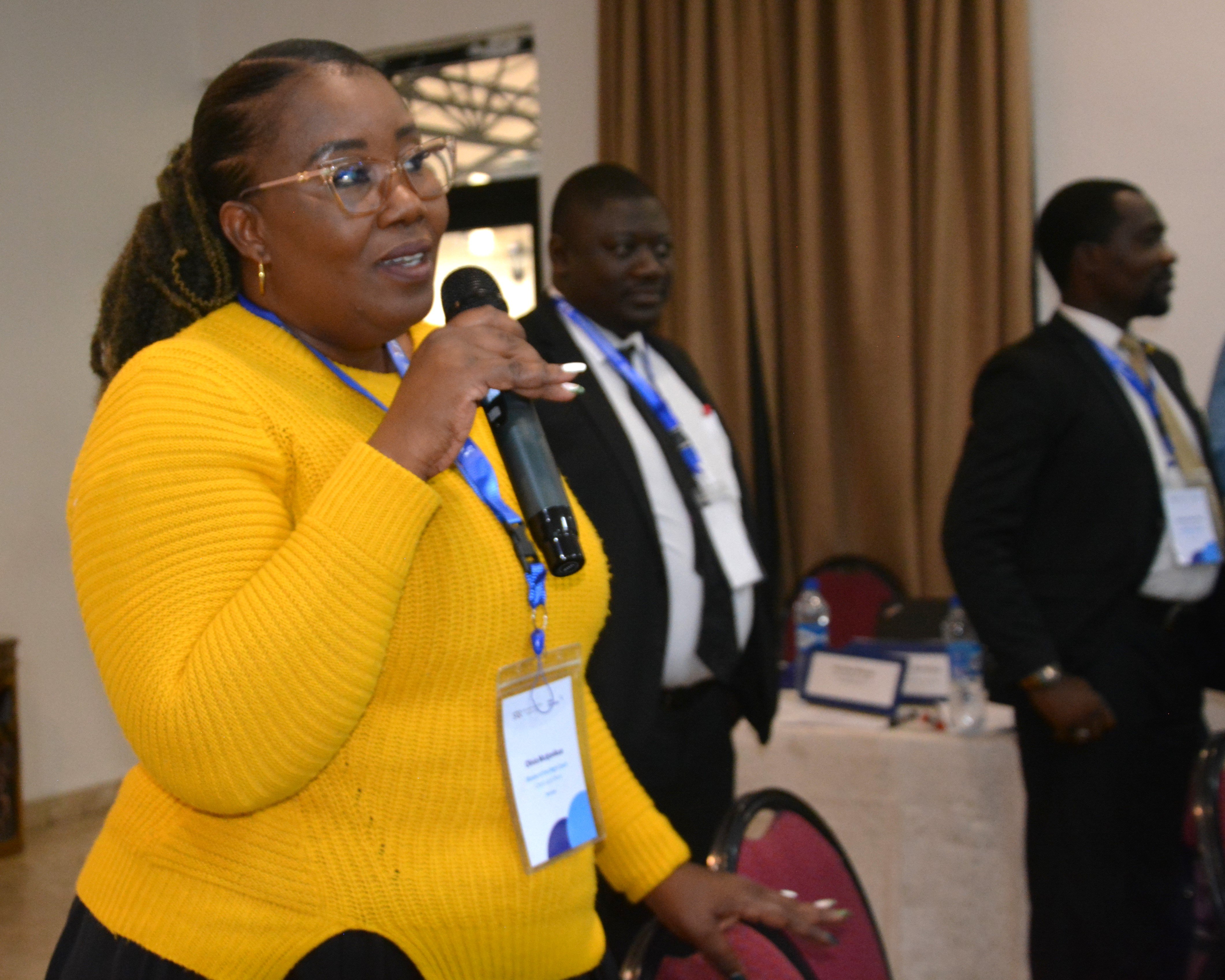
One workshop participant noted that: "We need fast access to beneficial ownership information to define the known knowns and the known unknowns."
Participants also had the opportunity to attend study tours of the Corporate Affairs Commission (CAC) or the Nigerian Financial Intelligence Unit (NFIU).
“A BO registry is a means to an end and the end is the effective use of data by law enforcement. How can we ensure that our law enforcement, financial intelligence units and other authorities use that data in line with their mandates?” This, among other questions raised at the event, is what we sought to address by bringing together data collectors and users from five countries.
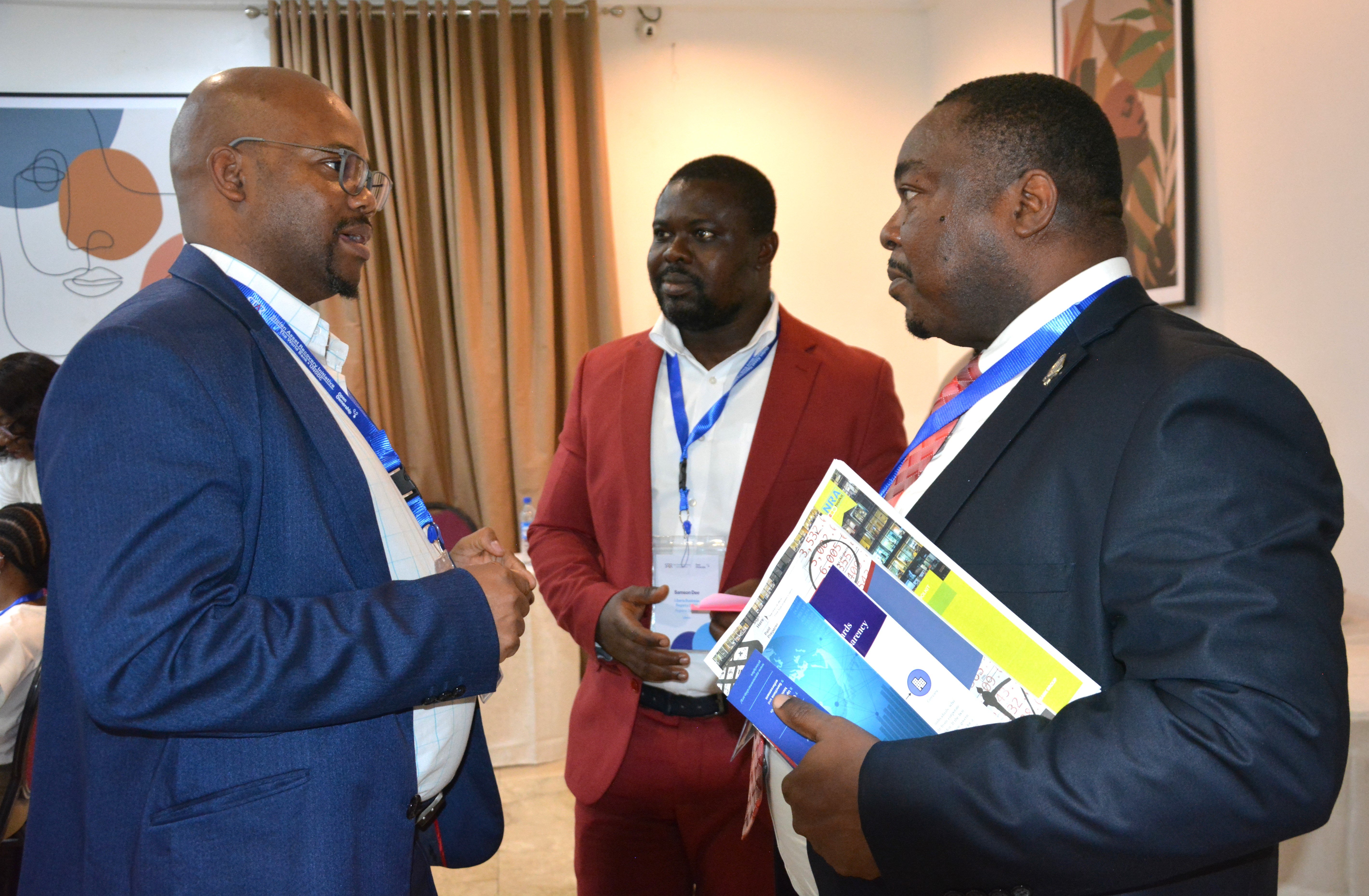
The workshop provided the opportunity for in-depth discussions. As one participant said, “Peer learning is key. Each country’s experience is unique and there’s so much to be learned from others.”
The peer learning event delivered practical insights on how to better address challenges and mitigate risks that come with digitising company records and corporate services. It also addressed how to meet the Financial Action Task Force’s requirement for countries to provide adequate, accurate and up-to-date BO data. On sanctions and compliance, participants noted that the “various approaches to sanctions and compliance shared in the workshop were very helpful, since the approach to compliance is thinking outside the box and exploring alternatives.” Participants also gained direct insights on practical verification mechanisms adopted by their peers, which improve the quality of data within their respective contexts. One participant reflected that, “Content was progressive and enlightening - verification mechanisms elicited from his group were key.”
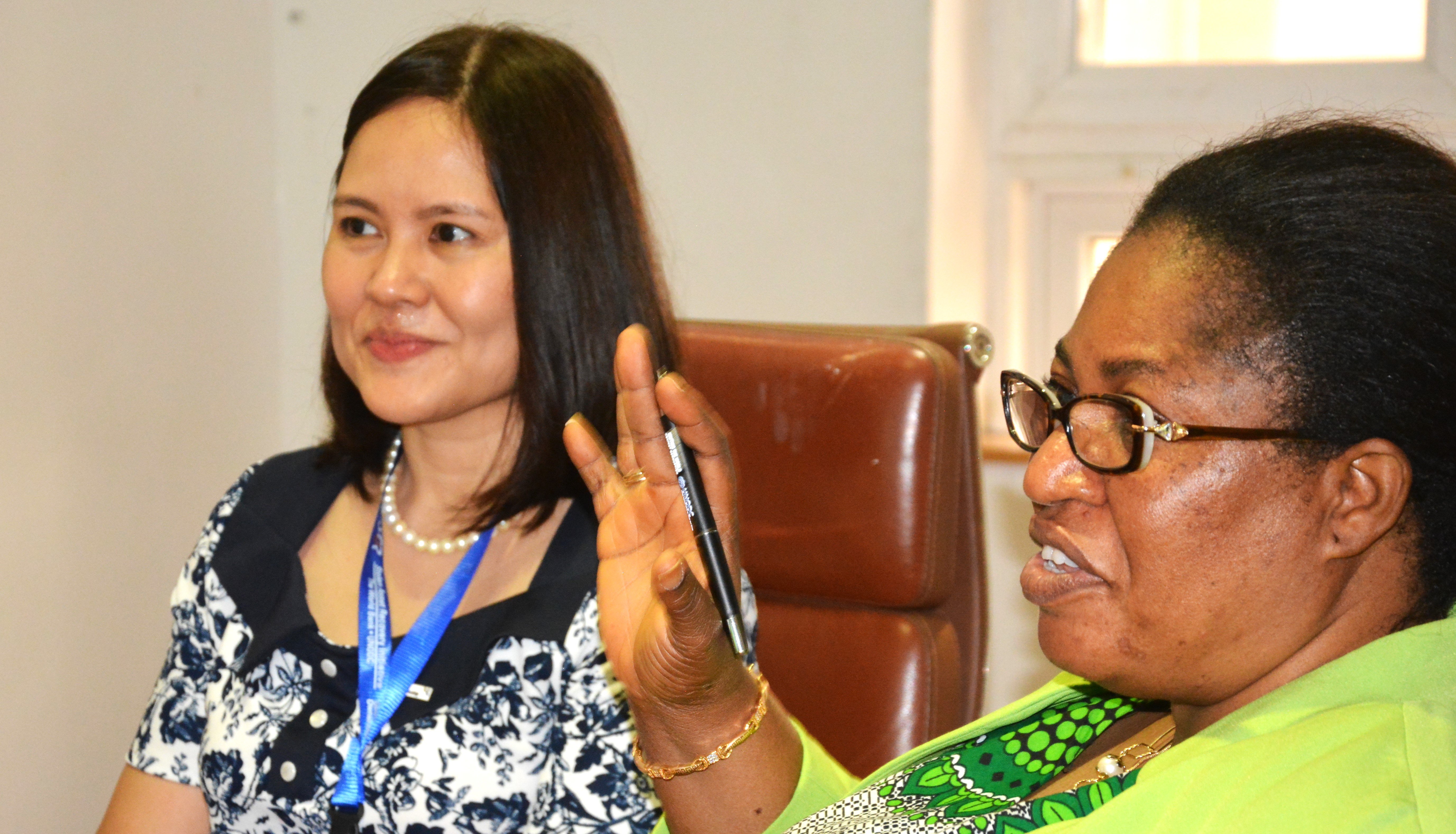
Reflecting on improving compliance, one attendee said: "Find the motivation for compliance and then determine appropriate sanctions based on that motivation - this is a new approach to thinking about compliance. It’s not just about monetary sanctions."
Through expert presentations from StAR and case studies from the NFIU and Kenya’s Financial Reporting Centre, FIUs identified the biggest challenges to accessing and effectively using data on corporate vehicles, and explored potential solutions to these challenges. The participants also studied different methodologies for conducting a risk assessment, and the most impactful ways to apply its results.
Open Ownership will continue to foster engagement between key implementers in these five countries and plans to take stock of the progress of each country by the end of 2023.
Related articles and publications
Publication type
Blog post
Country focus
Namibia,
Nigeria,
Republic of South Africa,
Liberia,
Kenya
Sections
Impact,
Implementation

